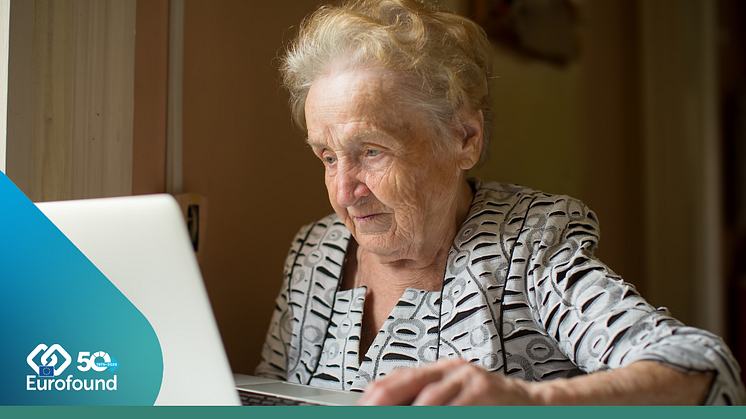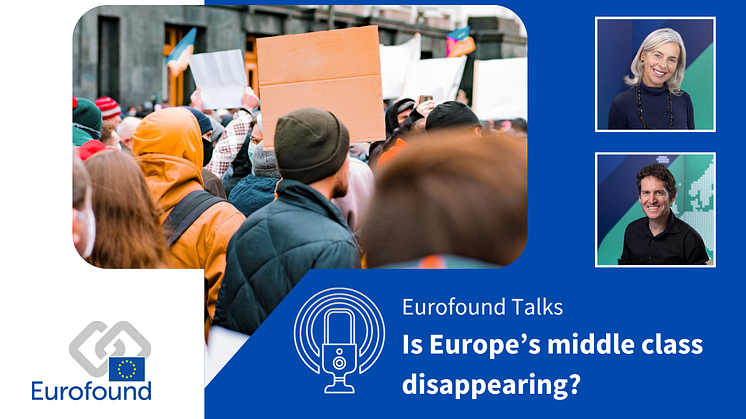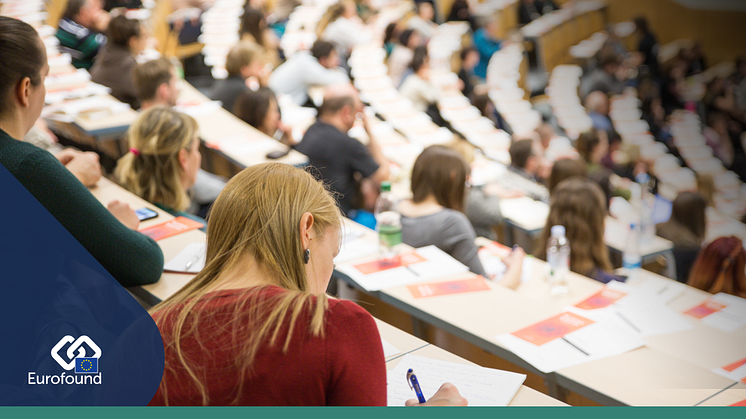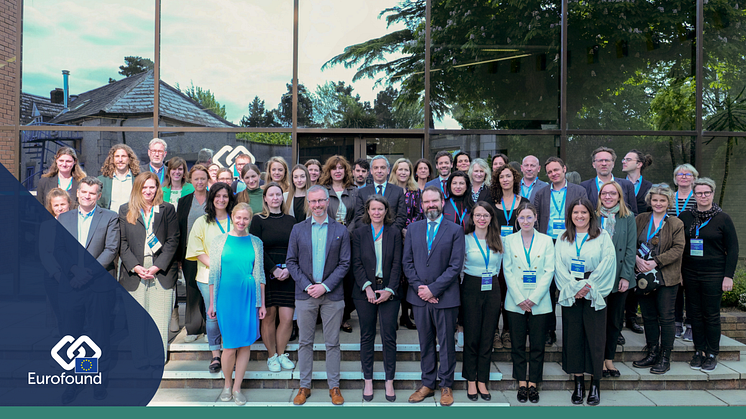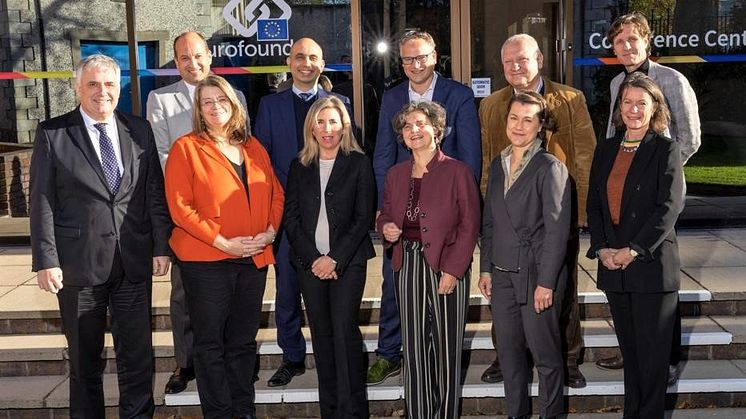Can Europe’s social model drive competitiveness? Leaders debate in Dublin as Eurofound marks 50 years
Is Europe’s traditional social model the key to its competitiveness? This question will take centre stage in Dublin on 19-20 November as political leaders, policymakers, social partners and civil society gather for Eurofound’s 8th Foundation Forum, marking its 50th anniversary.










